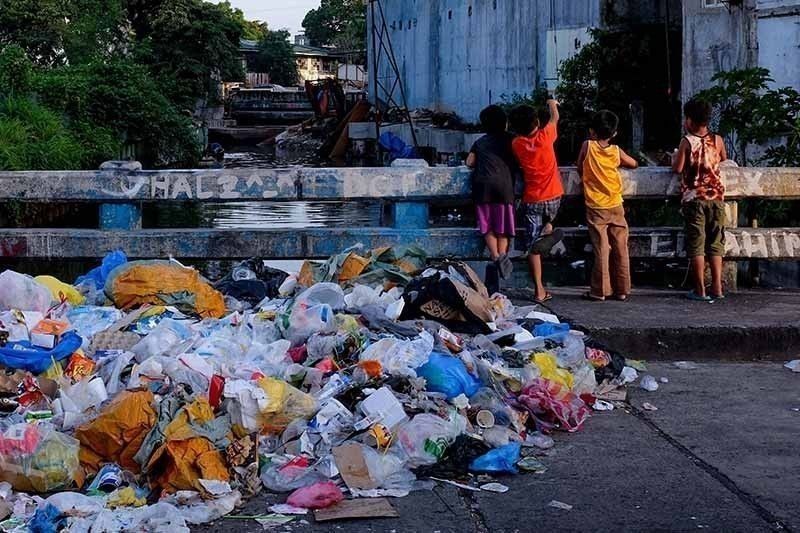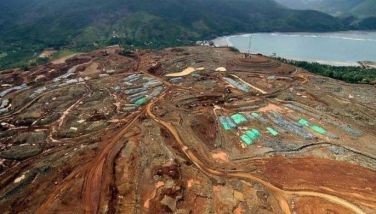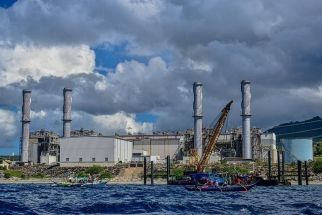DENR explores co-processing to combat plastic crisis, climate change

MANILA, Philippines — The Department of Environment and Natural Resources is exploring the potential of co-processing as a “sustainable” waste management option, a move that green groups said will not address the fundamental causes of the plastic crisis.
The DENR sees co-processing as a viable solution to establish a circular economy and mitigate the impacts of climate change. Co-processing converts waste materials such as end of life plastics into alternative fuel for cement manufacturing plants, reducing landfill space and dependence on fossil fuels.
The agency issued the statement after Environment Secretary Maria Antonia Yulo-Loyzaga visited the new shredder platform of Republic Cement in Taysan, Batangas.
Republic Cement, through ecoloop, pioneered the use of waste-to-fuel in local cement manufacturing. The firm is a joint venture between the Aboitiz Group and CRH, a manufacturer and distributor of construction materials.
Through co-processing, Republic Cement manufactures cement with reduced dependence on coal. The high temperatures used in manufacturing cement allow for alternative fuels to be completely consumed, with any waste byproduct fully integrated into the final output.
“Using solid waste as fuel enabled the company to avoid potential methane emissions at landfill sites while at the same time decreasing the carbon of their cement products,” the DENR said.
‘Not a sustainable solution’
But for some groups, co-processing is not a sustainable waste management solution.
“Co-processing of plastic and its related waste will not address the root cause of the plastic crisis, which is the overproduction of plastic. Plastic is a problematic product made of fossil fuel and chemicals, and across its lifecycle produces climate, environmental and social impacts,” Rei Panaligan, national coordinator for Plastic-Free Pilipinas Project, told Philstar.com.
Greenpeace Philippines zero-waste campaigner Marian Ledesma also told Philstar.com that burning plastic waste emits carbon dioxide, making it “unsuitable as a form of mitigation and a climate change contributor.”
Ledesma urged the DENR to instead adopt reuse and refill models to reduce plastic production and people’s dependence on disposable materials.
For Panaligan, the government should curb plastic production, sale and use through the listing of non-environmentally acceptable products and packaging. In February 2021, the National Solid Waste Management Commission included only plastic soft drink straws and coffee stirrers in the NEAPP list, a move that groups said was not enough.
The two-decade-old Ecological Solid Waste Management Act mandates the issuance of NEAPP.
The country’s environment chief earlier acknowledged that the Philippines was “not winning the war against single-use plastics” as she stressed the need to address social issues to effectively tackle the plastic crisis.
The Philippines has an Extended Producer Responsibility law, which aims to address the mismanagement of plastic waste and uphold circularity by requiring large enterprises to recover or offset their plastic packaging footprint.
- Latest































